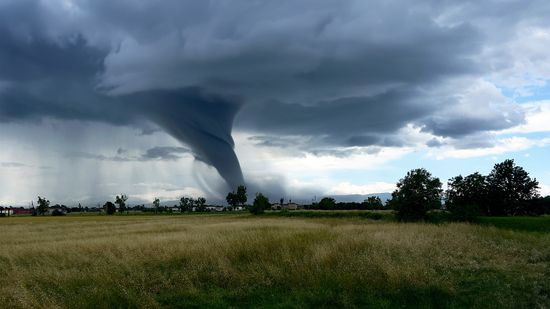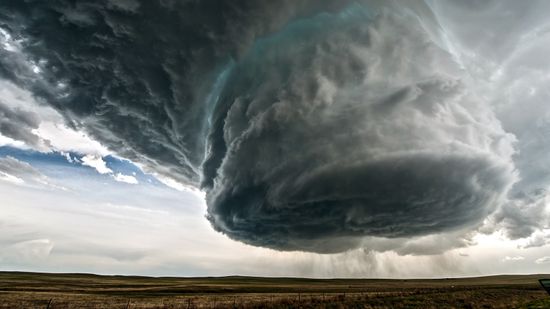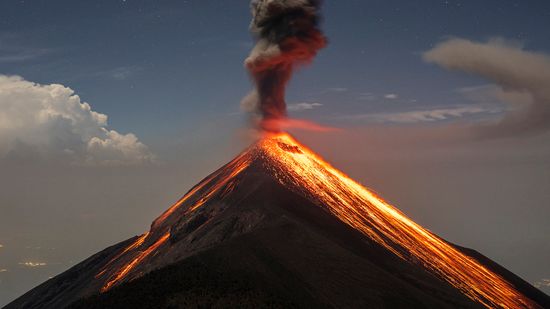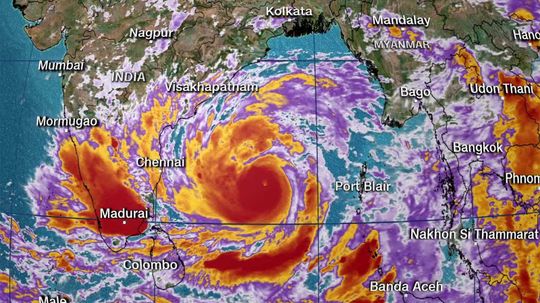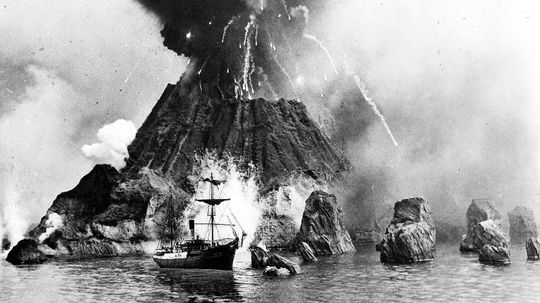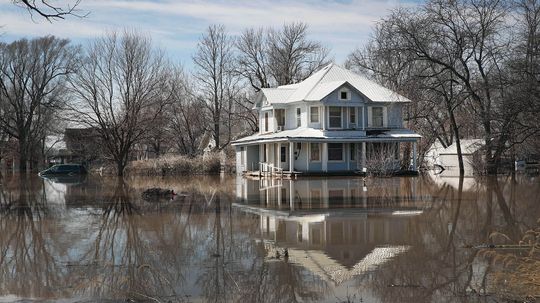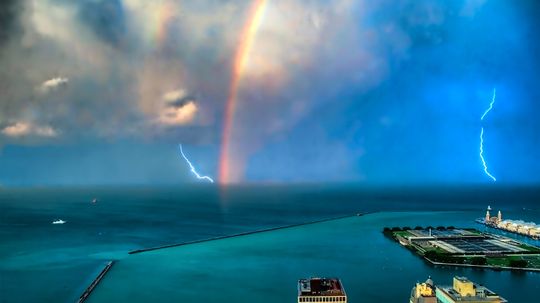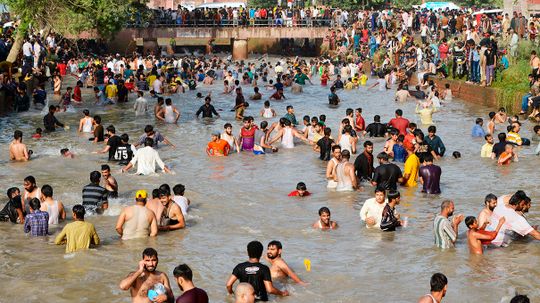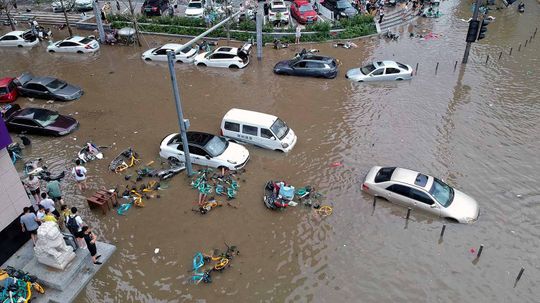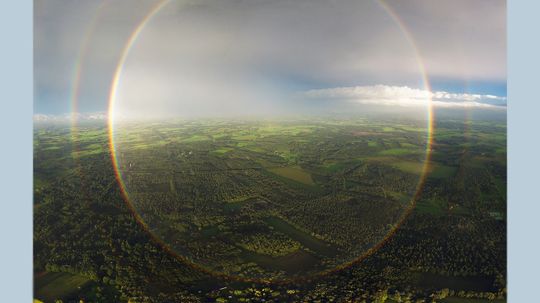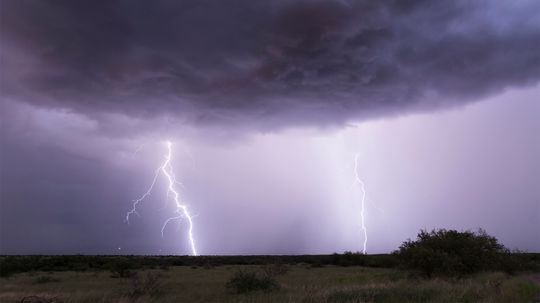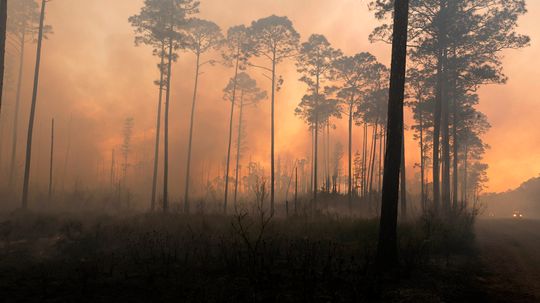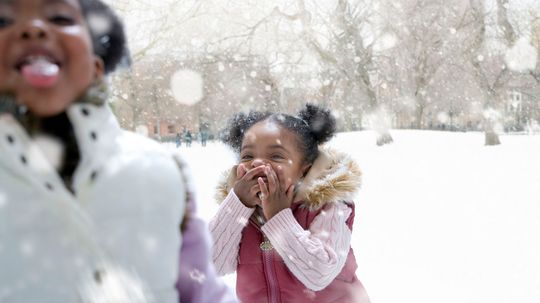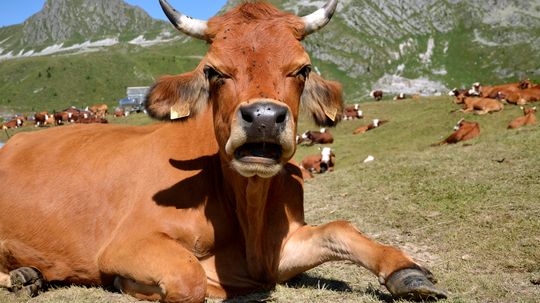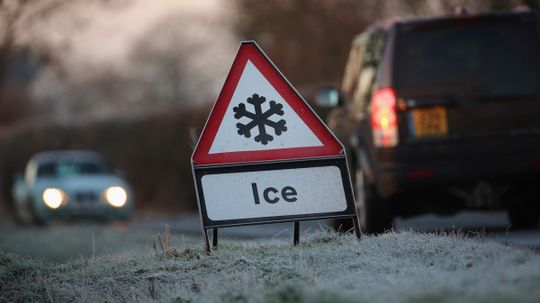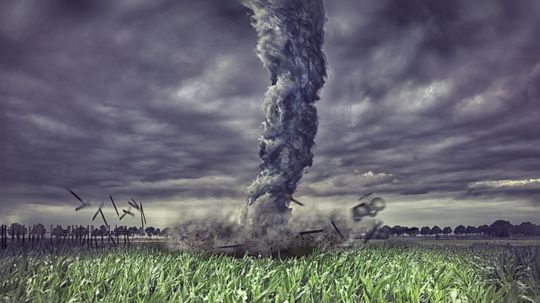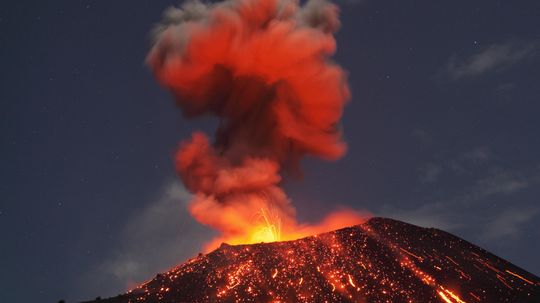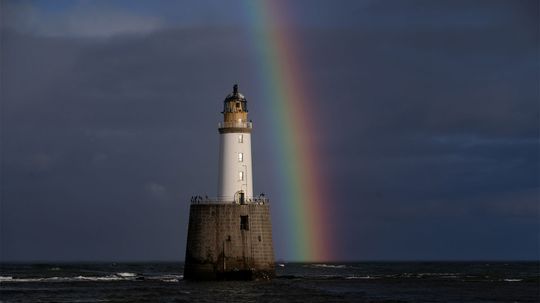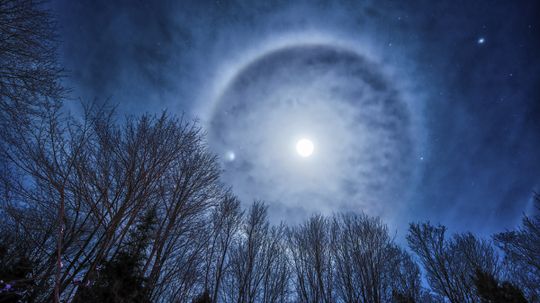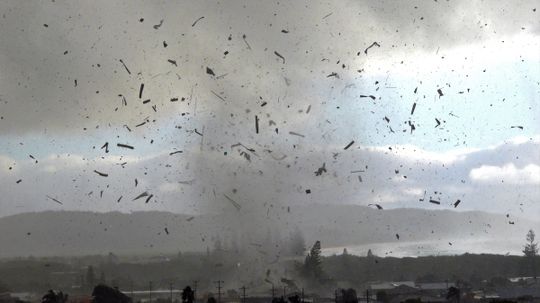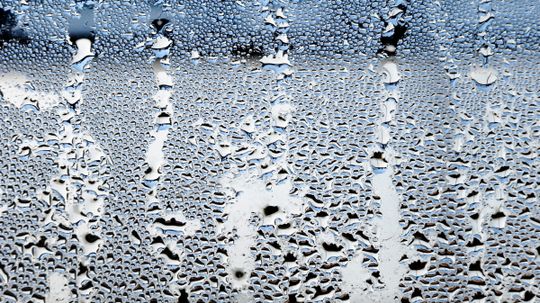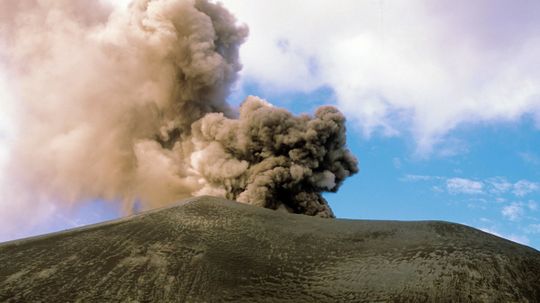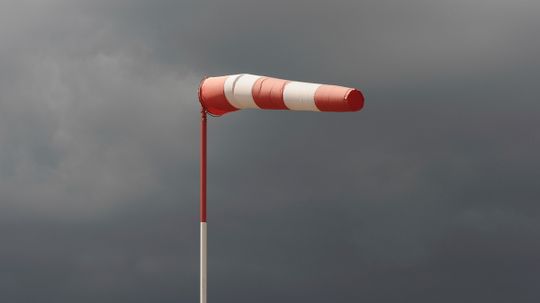Forces of Nature
We see the destruction that the Earth can unleash in the news on a regular basis. Here you can learn about hurricanes, tornadoes, earthquakes and other forces of nature.
Learn More / Page 7
Both are destructive storms that can pack powerful winds and devastating storm surge. So how are they different? Or are they?
The 1883 Krakatoa eruption was gigantic and deadly, but the advent of modern communications and mass media helped to make it one of the earliest and best-known modern natural catastrophes.
Hygrometers are used by many professionals to monitor levels of humidity in the air. So, do need one in your home?
Advertisement
NOAA is expecting widespread flooding throughout the United States this spring. Are you ready?
By Oisin Curran
You may never see it happen live, but if you do, consider yourself lucky. Because this meteorological phenomenon doesn't happen very often.
By Mark Mancini
The mercury soared to over 122 degrees Fahrenheit in Nawkwabash, Pakistan. It could be the highest April temp ever recorded on the planet.
By Mark Mancini
Both dry and over-saturated soil can contribute to flash flooding. Can anything be done to prevent them from becoming catastrophic?
By Mark Mancini
Advertisement
The simple explanation is you have to be in just the right spot and the conditions have to be perfect for you to see the entire 360 degrees.
By Mark Mancini
It's sometimes easy to confuse the two, but weather and climate are very different things.
A fire can burn for years, yes years, in a swamp. What's the deal?
By Mark Mancini
You've probably heard that no two snowflakes are alike, but how can that be true? Find out how molecules of water vapor come together to form these winter wonders.
Advertisement
Ever hear that saying that a cow lies down when rain is coming? This superstition may not be as udderly ridiculous as you think.
Black ice is hazardous. Even worse, it's nearly invisible on the road surface. Learn more about black ice at HowStuffWorks.
Separating fact from fiction when it comes to tornado safety could mean the difference between life and death.
It's hard to resist a movie where bloodthirsty beasts fall from the sky, especially if Ian Ziering stars! How might the science behind this B movie work?
Advertisement
Only a few natural events pack the power to knock global civilization on its heels. One is a planet-killing meteor. Care to guess the other?
A rainbow's ability to bring joy to just about anyone is probably why they're painted on kids' cheeks at fairs. But, what do rainbows mean? In this article, we'll look at rainbow symbolism from around the world.
We humans have figured out a lot of strange ways to measure the weather. A cricket's chirps can tell us the temperature. The open scales on a pinecone signal a dry spell. But can a ring around the moon really predict rainy days ahead?
North America certainly has many claims to fame. It's got the Great Lakes, the Grand Canyon and Niagara Falls -- all pretty impressive stuff. But can it claim tornadoes as uniquely its own -- and if so, what's up with that?
Advertisement
It sure would be handy to know what the weather is going to be like for the next year. Unfortunately, there's just one problem: Weather is notoriously difficult to predict. So is the Farmers' Almanac accurate, or is it just blowing hot air?
If humid air is just air plus water, then it has to be heavier than dry air, right? Sure, if it was only a matter of simple addition, but molecular physics is a lot like a bouncer at a club: Nothing gets in unless something else goes out.
Determining the safest place on Earth can be a little tricky. After all, if we all knew where it was, wouldn't we all be clamoring to live there already? And anyway, what do we even mean by "safe" -- and safe from what?
If you're in a thunderstorm, then your top priority is safety. It might sound like a good idea to call your loved ones and let them know you're okay, but hold the phone a moment. See those lightning bolts outside? They've got other ideas.
Advertisement
It would be nice if our electronic devices doubled as handy, lightning-proof talismans to ward off danger during a thunderstorm. Sadly, that sounds more like sorcery than science. In the meantime, maybe you should just leave them off and unplugged.
Some things in this world you can just count on. The sun rises in the east and sets in the west. Certain types of birds will always fly south for the winter. But do tornadoes really only move from west to east -- and if so, why?



